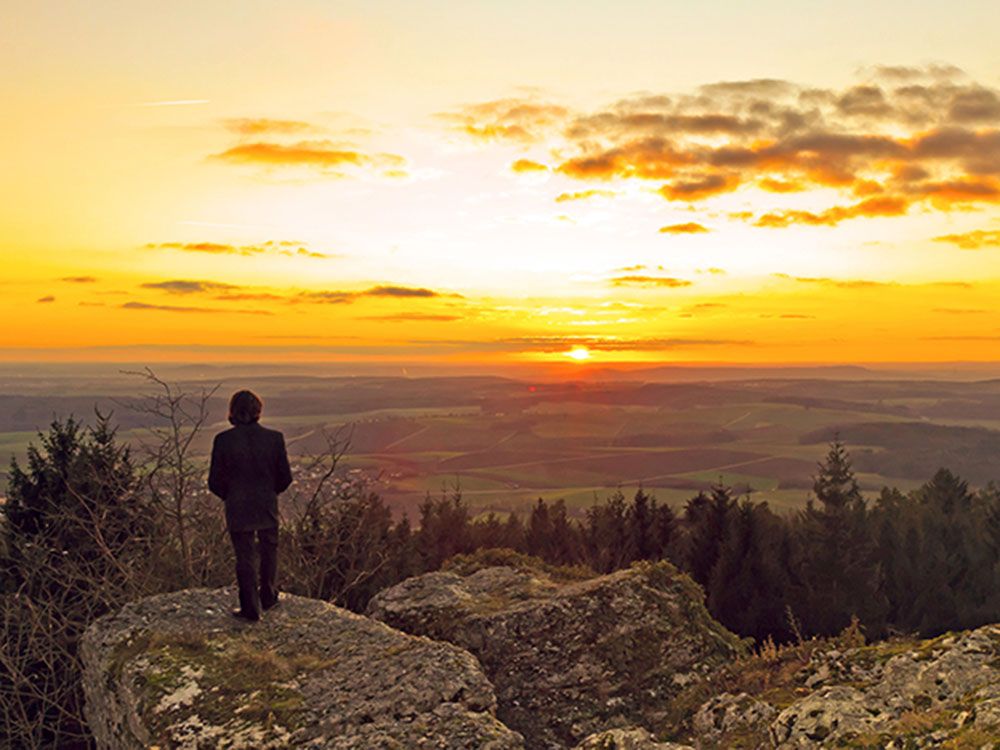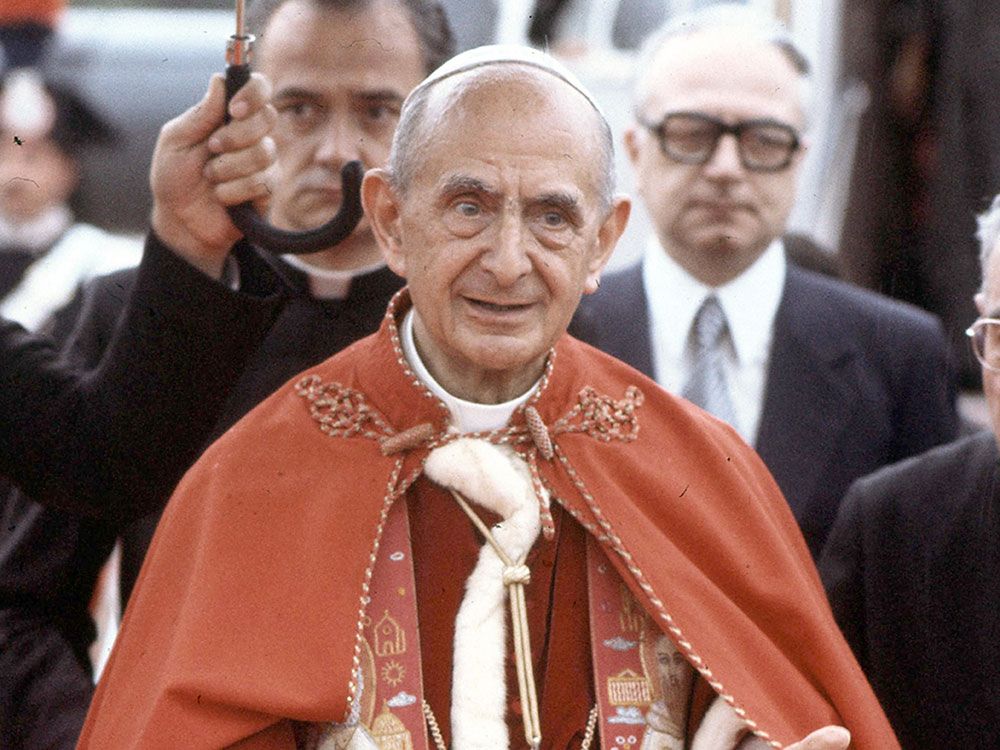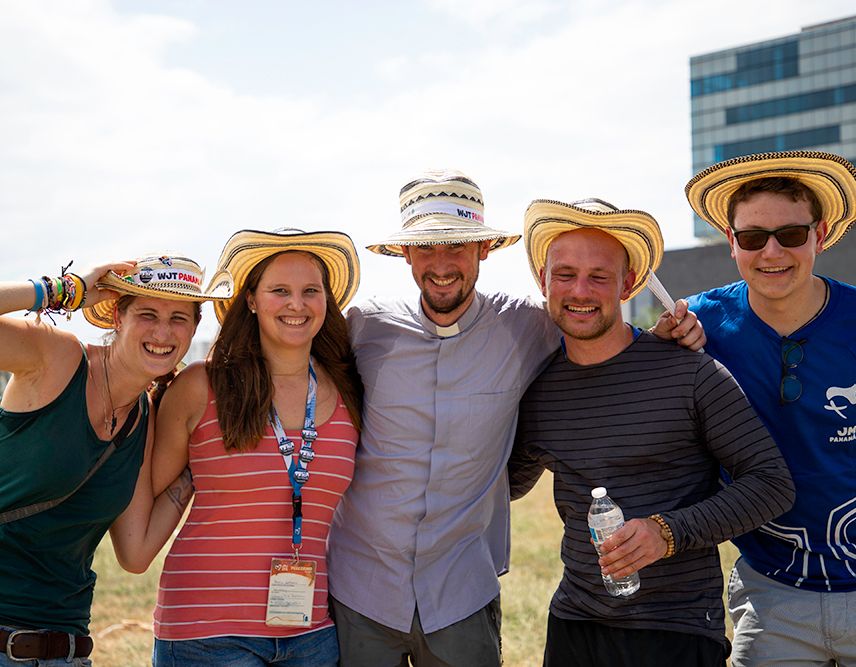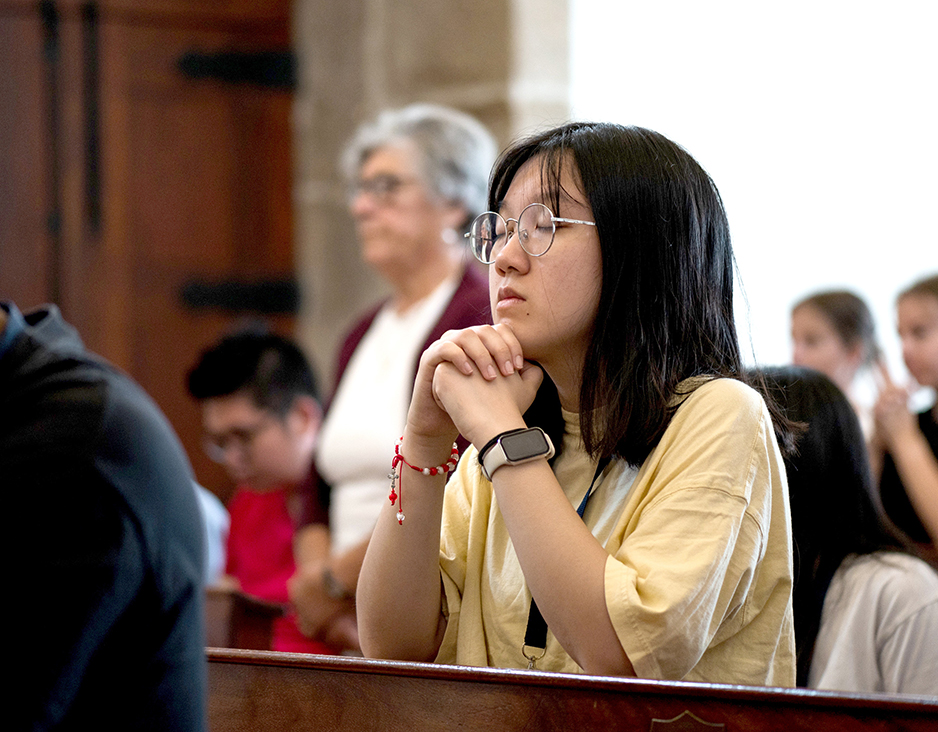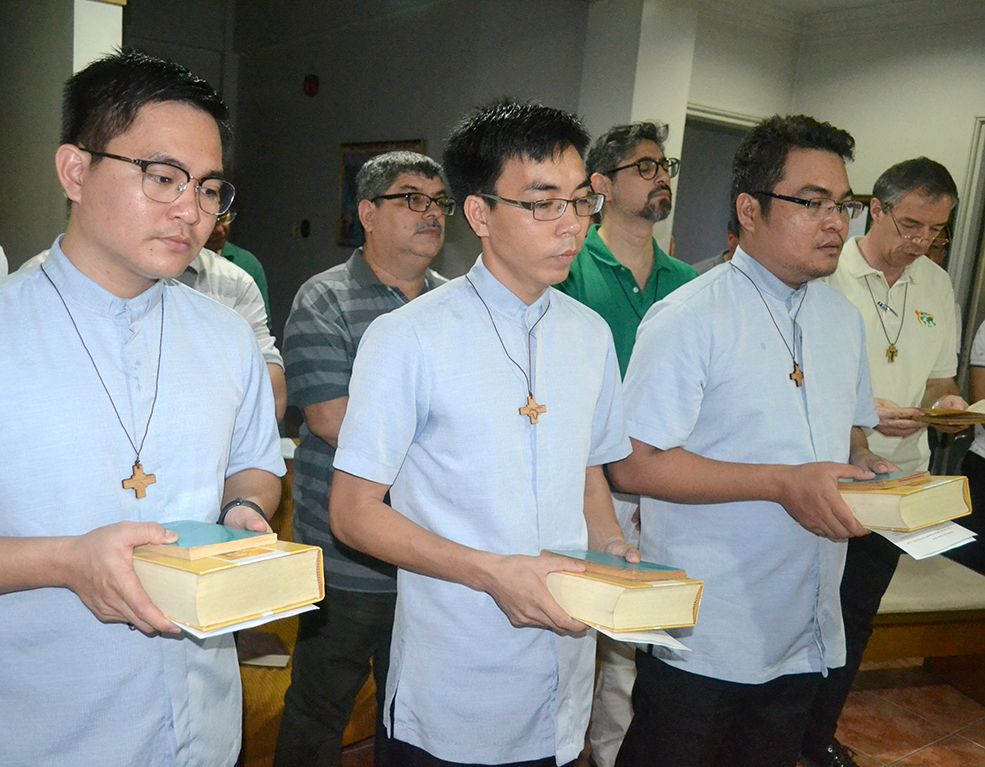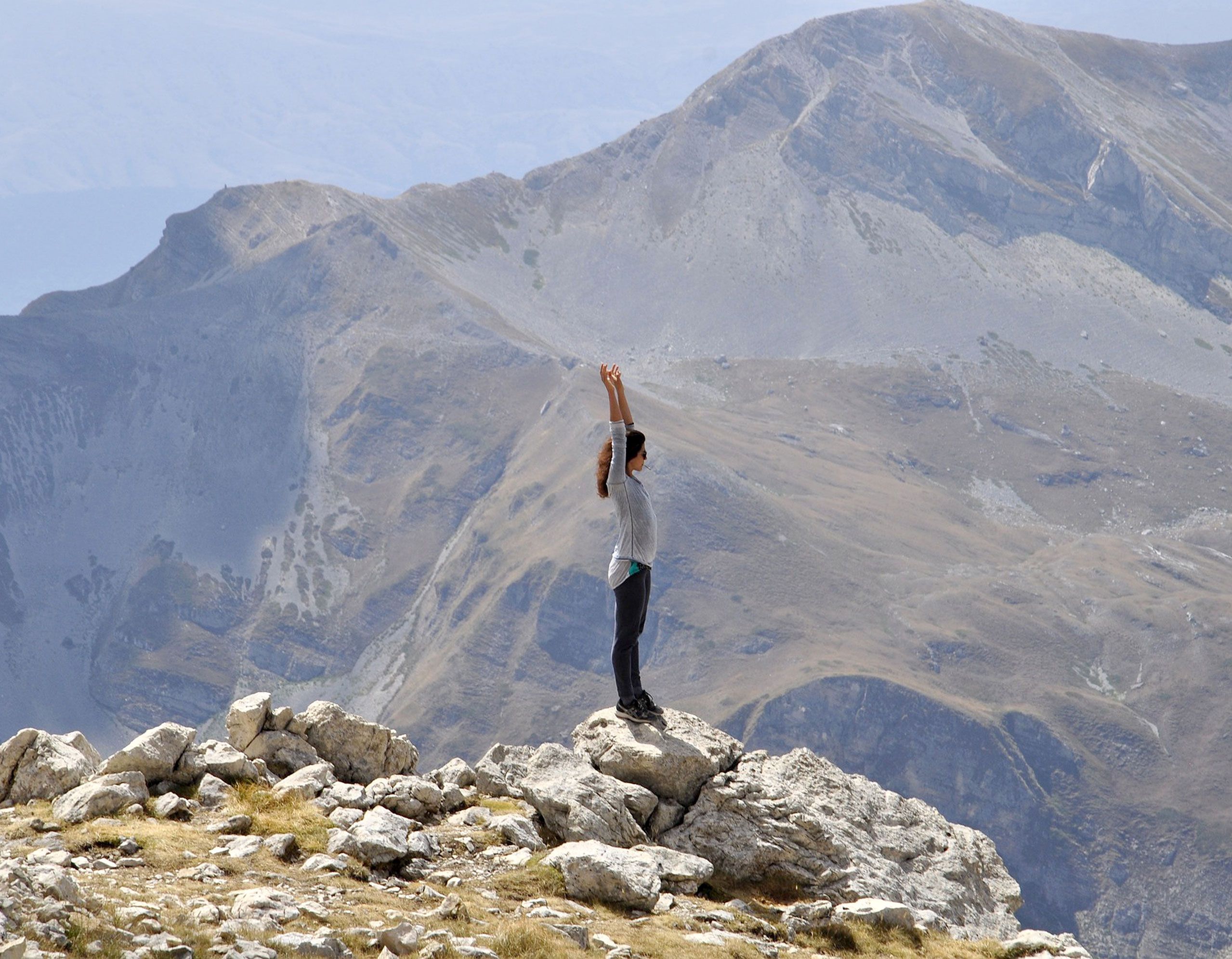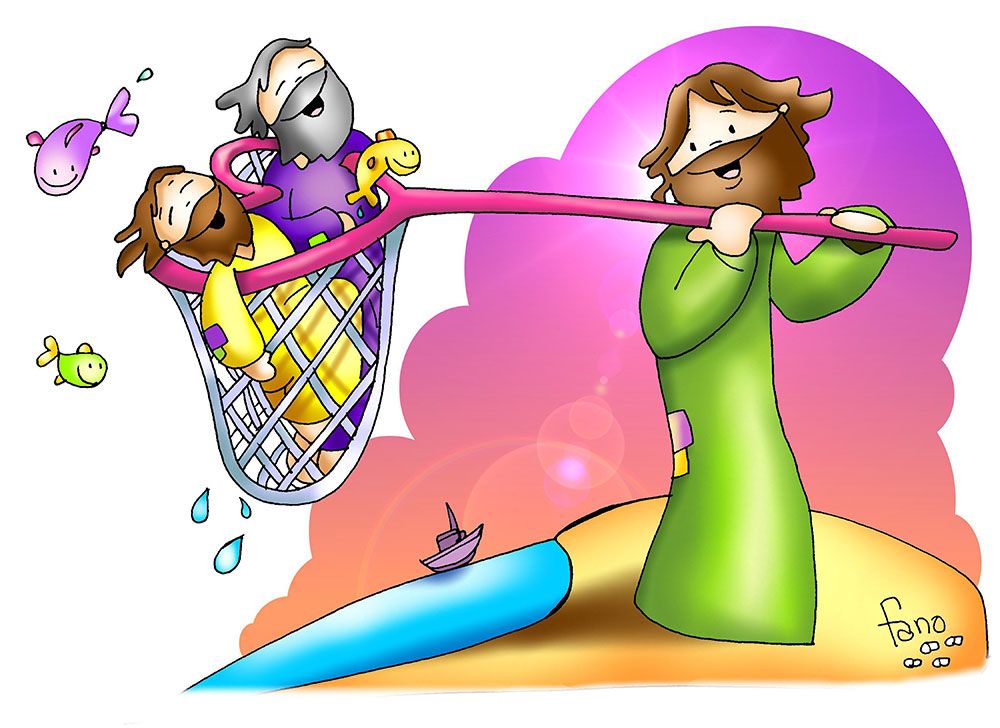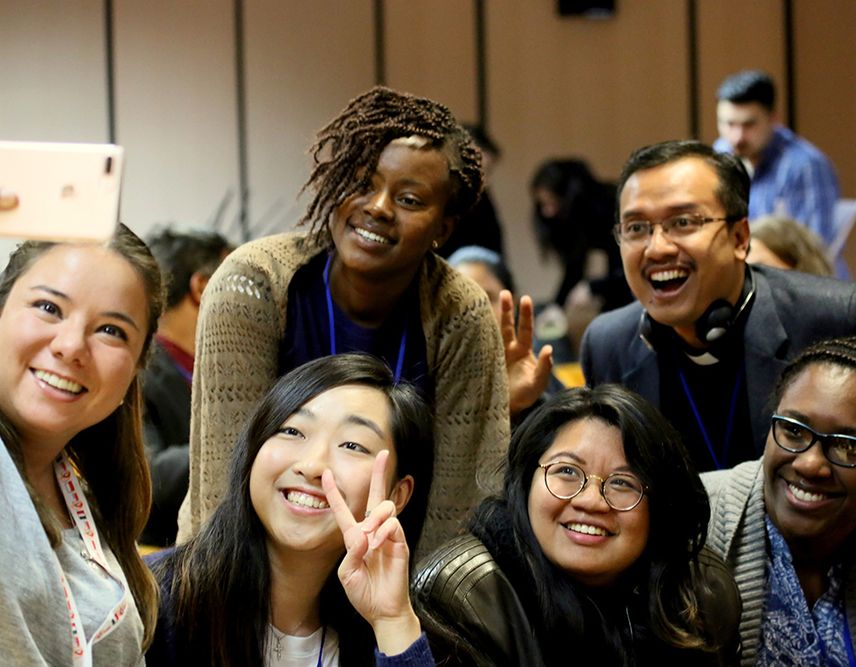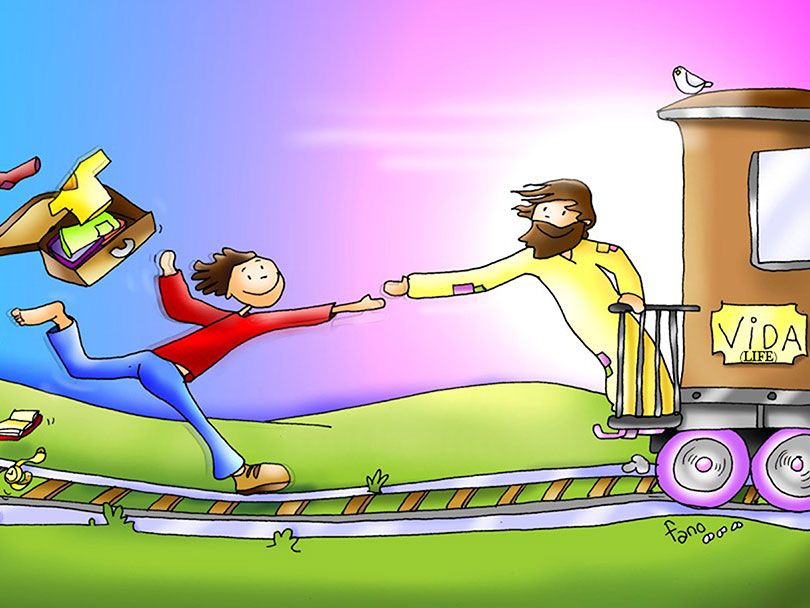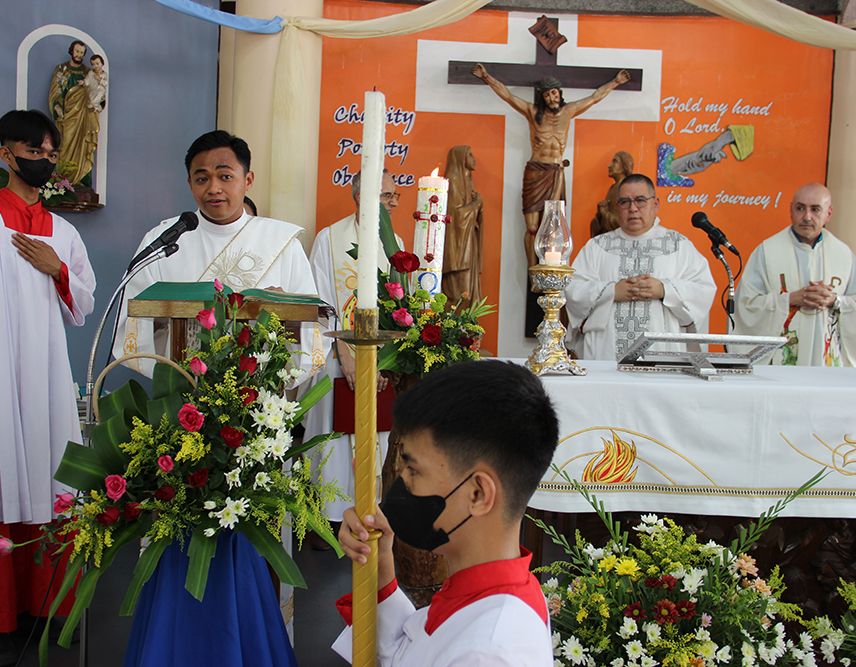The Evangelist Luke tells us that, at the end of Jesus’ journey to Jerusalem, two encounters of particular significance took place. Both of them happen upon arriving at Jericho: the first, at the gates of the city, with a blind beggar; the second, when Jesus crosses the city, with a well-known tax collector. Let’s begin by reading the narrative of the two encounters in Luke 18, 35-43 and 19, 1-10.
As we read the texts that describe Jesus’ encounter with these two persons, we realize that there is a common element: both encounters take place along the way. But we also notice differences: one person is poor, blind, mendicant, and is immobilized at the side of the road. The other is rich, known for his tax collection activity, a hated and certainly not wanted presence in the city. Both persons, however, have one characteristic in common: they want to see Jesus.
The desire to see Jesus is particularly strong in the blind beggar. Knowing that, regardless of the noise of the street, Jesus is passing by, he begins to shout, “Jesus, Son of David, have pity on me!”
The unexpected happens
Jesus hears that voice, in the midst of the shouting of the crowd, and stops before the blind man: “What do you want me to do for you?” The blind man gave voice to the desire of his life: “Lord, please let me see.” That is to say, that I may lift up my eyes again and see you! The unexpected, the gift of seeing again, of raising the eyes again, happens. Jesus says to him: “Have sight; your faith has saved you.” Luke writes that the man “immediately received his sight and followed Him, giving glory to God.”
This encounter of Jesus with the blind man, at the gates of Jericho, is seen in the early Christian community as an image of our encounter with Jesus in the Sacrament of Baptism, which is an interior illumination, an encounter with Jesus’ gaze, an anointing of the Spirit, besides being one of immersion in water. The essence of this encounter lies in the gaze and the desire of the soul that guides the look in search of the face of the Lord. Faith is to recover this gift of raising our eyes to Jesus and to anchor in Him our desire and our search for happiness. In a word, the desire to follow Him!
Desire and curiosity
Luke continues the narrative, telling us that Jesus enters the city and introduces the person of Zacchaeus (19: 1-4) with some curious details. Luke places him in the social context in which he lives: he tells us that Zacchaeus is rich, has power and influence; he is the head of tax collectors. But, more importantly, he situates Zacchaeus in relation to Jesus who has just arrived in the city: he tells us that he “was seeking to see who Jesus was but he could not see Him because of the crowd, for he was short in stature.” It is this desire to see Jesus that connects Zacchaeus with the blind beggar and unites these two narratives of Luke.
The fame of Jesus had come to Jericho long before Him. We may think that there were many people in the city with the desire to see Jesus when they learned of His passage on the way to Jerusalem. Most would have appeared at the entrance of the door, or on the porch of the house, or in windows, to see the entourage of Jesus passing by, letting the desire dissolve in superficial curiosity, quickly satisfied.
Go out to see
According to Luke’s account, it is not so with Zacchaeus. He runs ahead of the entourage and looking for a place to see Jesus, climbs up a tree. Here, too, the unexpected happens. When He comes to the place where Zacchaeus is, Jesus stops and their eyes meet. Zacchaeus, who seeks to see Jesus from the height of the tree, is seen by Jesus who says to him, “Zacchaeus, come down quickly, for today I must stay at your house.”
Luke observes that “Zacchaeus came down quickly and received Him with joy.” Surprise dominates the heart’s gaze, as the crowd’s reaction immediately is heard: “He has gone to stay at the house of a sinner.” But soon the surprise gives way to the reciprocal joy of Jesus and Zacchaeus. This man, taken by surprise by the merciful and welcoming gaze of Jesus, says: “Behold, half of my possessions, Lord, I shall give to the poor, and if I have extorted anything from anyone, I shall repay it four times over.” Jesus rejoices with Zacchaeus’ response and expresses His satisfaction: “Today salvation has come to this house because this man, too, is a descendant of Abraham.”
The words that form the dialogue of this encounter of Jesus with Zacchaeus, which offers mercy on Jesus’ part and expresses Zacchaeus’ response and conversion, result from the “meeting of glances” along the way: they are the fruit of an intense desire to see, and come from a fulfilled desire in mutual openness. The heart’s gaze is the decisive moment of any encounter, which concentrates in itself the strength of desire, the constancy of the search, and the generosity of mutual openness and acceptance.
How do we respond?
We read the texts, we contemplate the two encounters and try to understand their message for us, Jesus’ disciples today. In these two texts there’s a call to keep alive the desire for God, to seek the face of Jesus, to keep alive in us the nostalgia for the divine (to be “nostalgic” of God, as Pope Francis said in the celebration of the Epiphany, last January). Not an easy task, particularly in the dominant culture that leads to let die and to bury within us, the desire for God. Consumerism and virtual illusion make our living “flat,” making us lose our ability to look up, to look at the faces of others, the face of the Other (of God).
These two narratives of Luke coincide in stating that the unexpected happens because God, in Jesus, in His welcoming gaze, has been looking for us long before we look for Him, and that our desire to see Him is destined to be satisfied in us, far beyond our expectations.
What, then, will we answer Christ who speaks to us, looks at us in His Word? Surely, we will make our own the answer of the blind man: “Lord, please let me see” that I may lift up my eyes to look on Your face. Or we can make our own the attitude of Zacchaeus who “descends quickly with great joy” to answer to the gaze that discovers him and to receive Jesus in his house.
Luke does not tell us if Zacchaeus left Jericho and followed Jesus to Jerusalem. Maybe he did. But it may also be that he did not, since he had an active social life, tied to a well-run business, and Jesus did not expressly ask him to leave everything. The evangelist, however, clearly states that the blind man, having received his sight, began to follow Jesus. Here, and at the time of following Jesus, the poor and humble show themselves to have some advantage over the rich and influential, and “when they saw this, all the people gave praise to God.”

